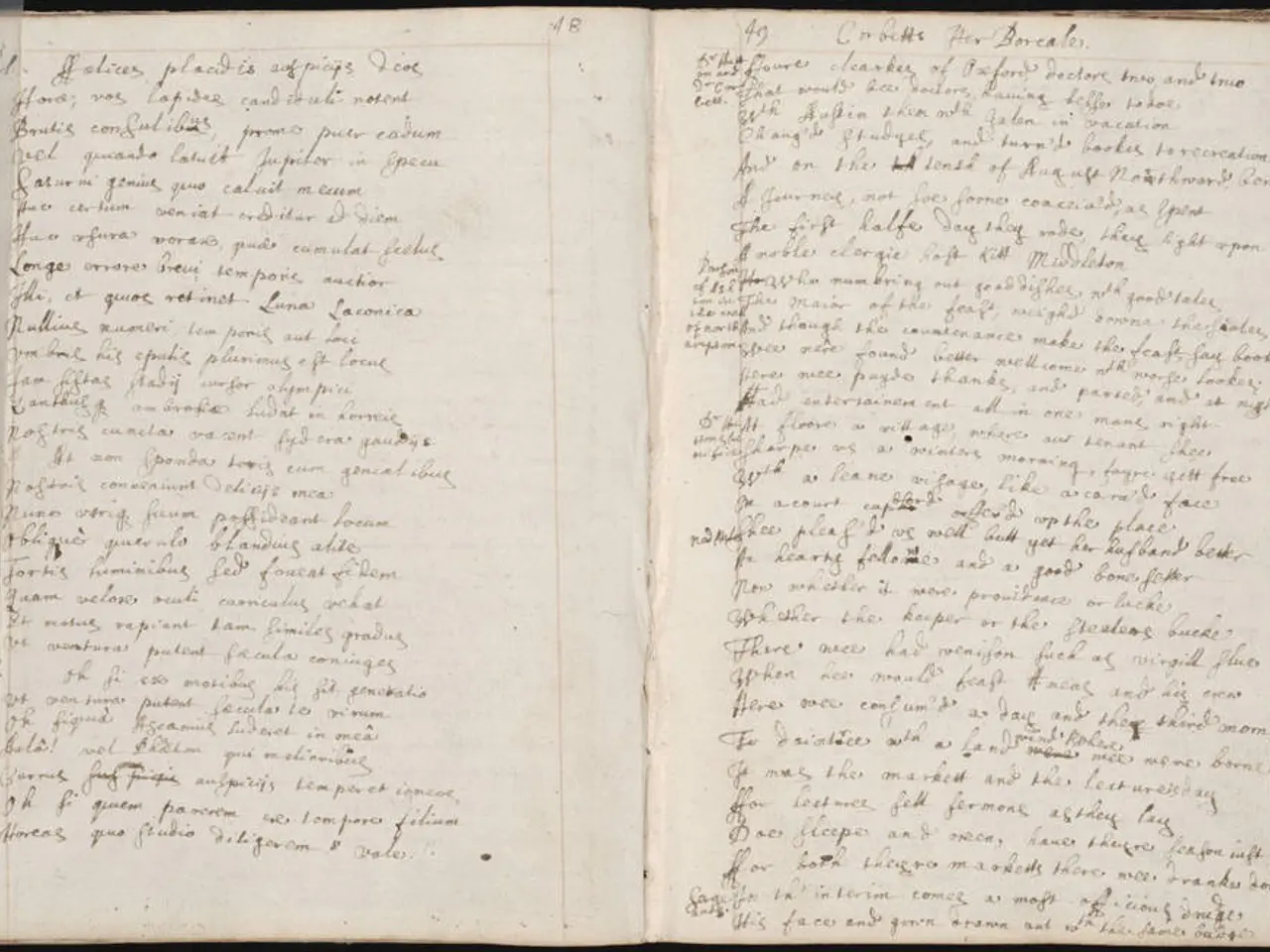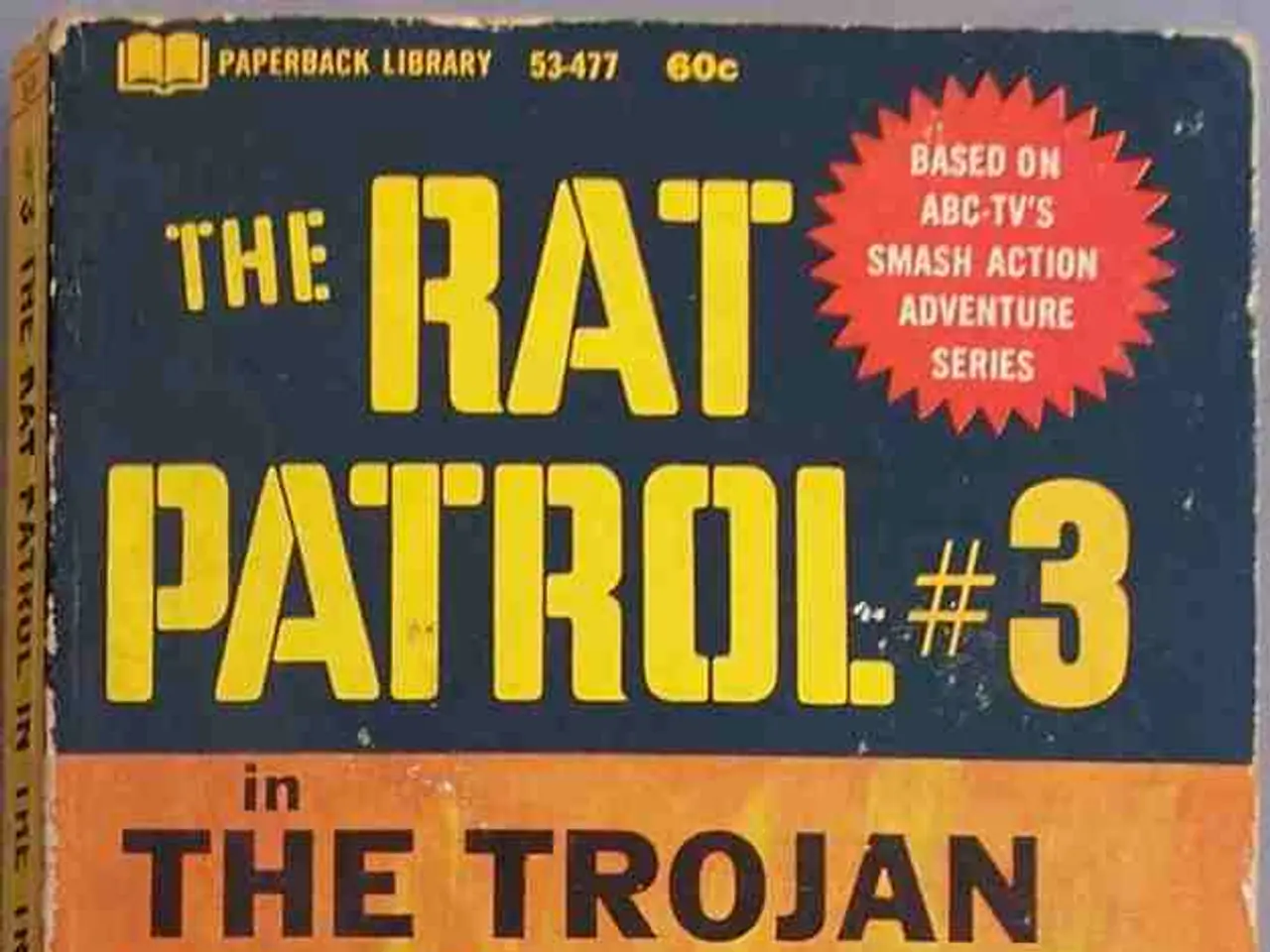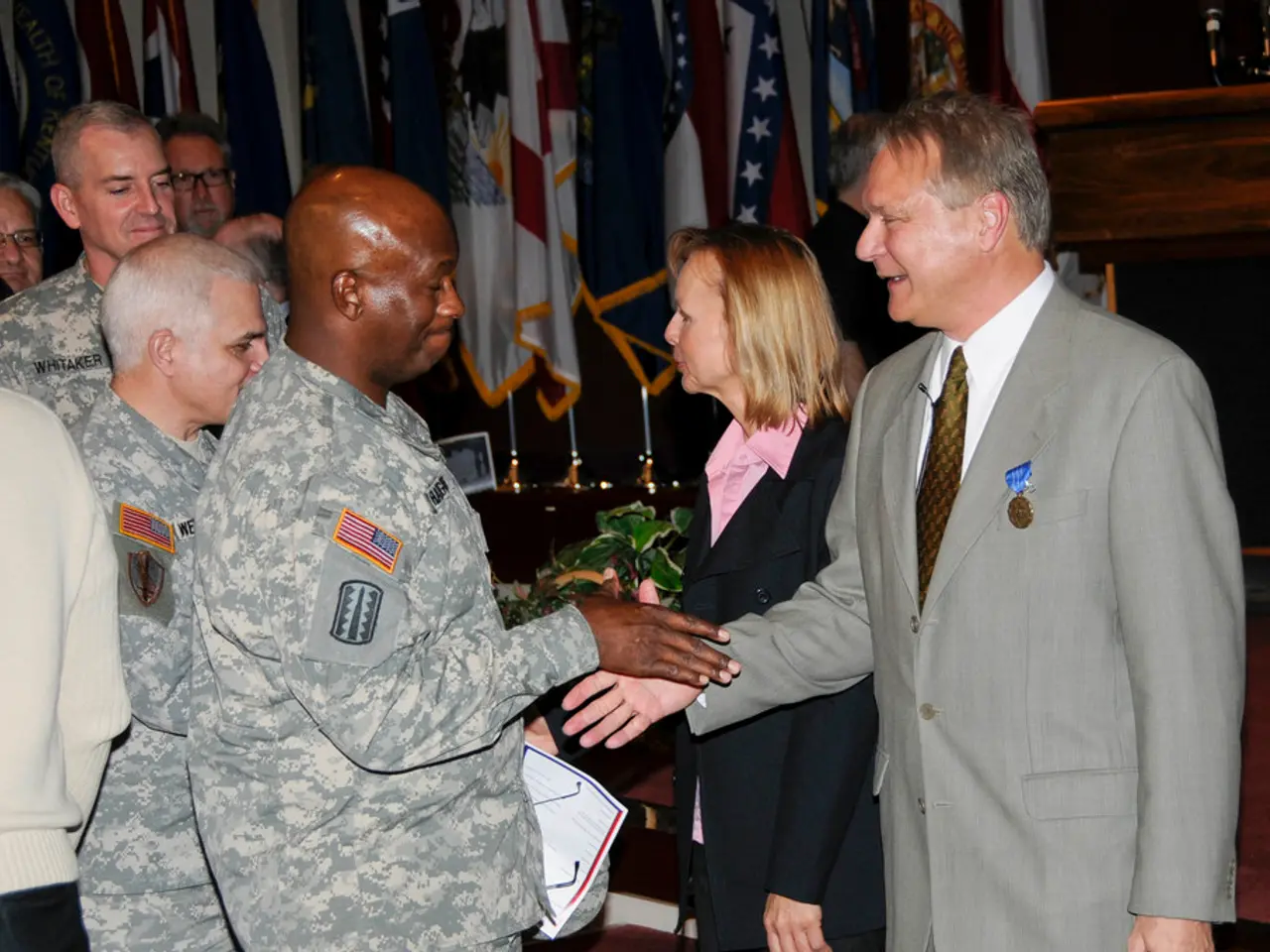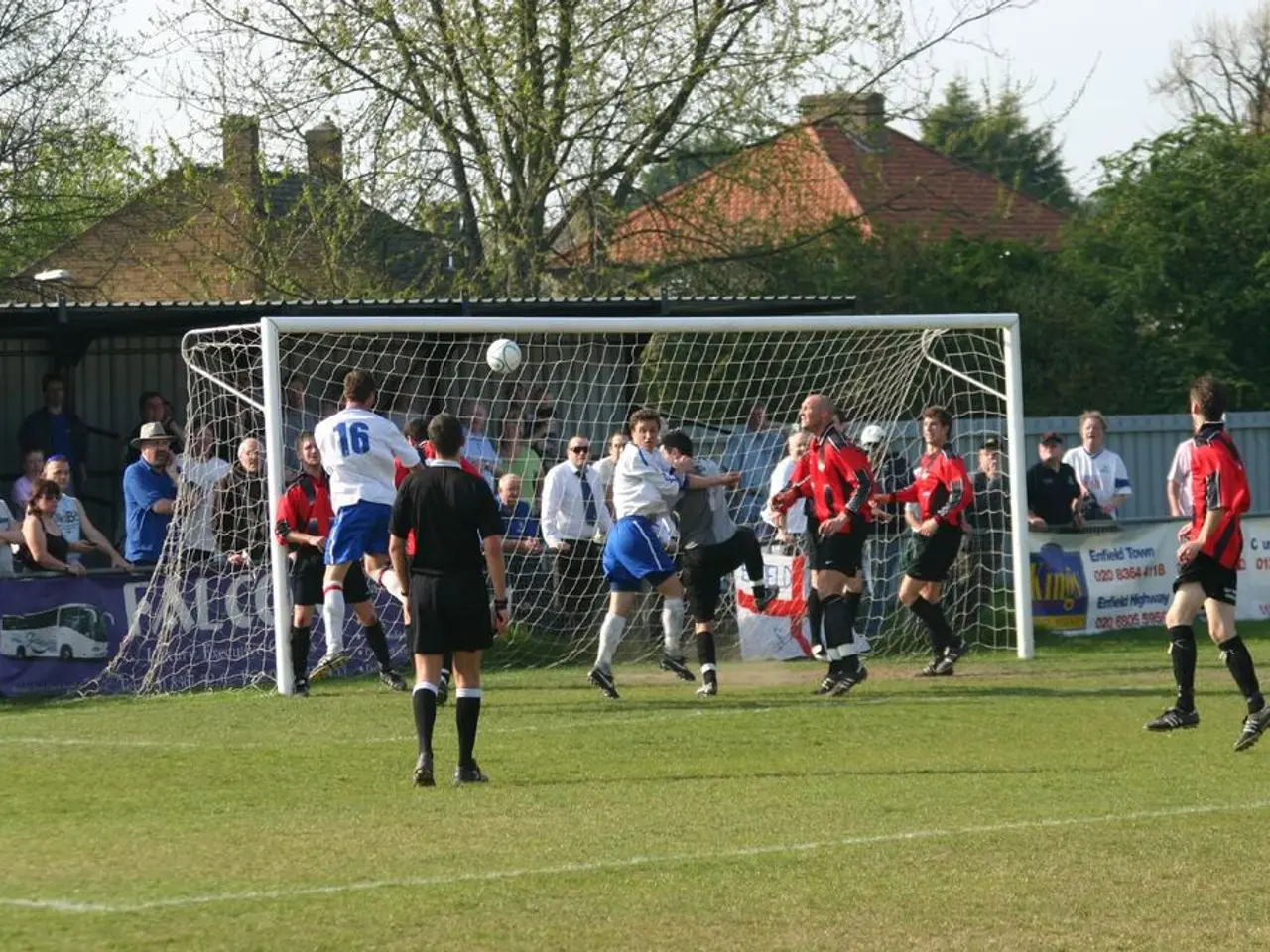New York's reformed discovery laws go into effect, benefiting prosecutors
New York's discovery laws are set to undergo significant changes, effective August 2025. These amendments aim to strike a balance between defendants' rights and victims' justice, addressing concerns that the 2019 "Kalief’s Law" reforms led to numerous dismissals on technical grounds.
The main changes include:
- Reduced Scope of Discovery: Prosecutors will no longer be required to share evidence deemed irrelevant to the charges, allowing focus on material essential to the case.
- Prevention of Automatic Dismissals: Courts will now evaluate whether any missing evidence actually prejudices the defense, rather than dismissing cases for minor or technical errors.
- Good Faith Efforts by Prosecutors: Cases can proceed when prosecutors have disclosed all obtained materials and made diligent efforts to obtain the rest, even if some items are pending.
- Protection of Witness Information: Enhanced safeguards aim to protect sensitive information, encouraging witnesses to testify without fear.
- Speedy Trial Reforms: Adjustments have been made to prevent manipulation of trial timing, requiring early challenges and cooperation between defense and prosecution to move cases forward efficiently.
The controversy revolves around Kalief’s Law, named after Kalief Browder, who spent years awaiting trial on Rikers Island without bail. While the 2019 reforms addressed lengthy pretrial detentions and aimed for transparency, prosecutors argued these rules were overly burdensome and impractical, prompting efforts to amend the law.
Governor Kathy Hochul supported these amendments, stating her goal was to protect the rights of defendants and hold offenders accountable, while emphasizing public safety and justice for crime survivors. The amendments are aimed at stopping cases from being dismissed on "trivial errors that have no bearing on guilt or innocence."
The budget includes $135 million to support prosecutors and defendants' compliance with discovery laws. The amendments limit automatic dismissals based on "insignificant mistakes" in evidence-sharing and preserve the core timeline requirements in Kalief's Law.
Advocates and leaders in the state legislature, including Assembly Speaker Carl Heastie and State Senate Majority Leader Andrew Stewart-Cousins, were credited with pushing back against Hochul's proposals. The Alliance to Protect Kalief's Law stated that the final amendment was a better outcome than Gov. Kathy Hochul's proposal.
The amendments result from advocacy from defense attorney groups and civil rights organizations. Gov. Hochul hopes the amendment will support victims, particularly of domestic violence and other major crimes. Prosecutors have alleged since 2019 that Kalief's Law was burdensome and impossible to implement and have waged a years-long campaign to repeal or amend it.
New York's amended rules governing evidence in criminal trials will go into effect on Thursday. The changes reduce the scope of evidence that prosecutors must share with defense attorneys, known as discovery. The budget removed some of the burden from prosecutors, as per Gov. Hochul's statement. The Alliance believes that evidence-sharing does not threaten public safety, and that investments in housing, healthcare, education, and community are key to ensuring safety.
The upcoming changes in New York's discovery laws, effective August 2025, are centered around policy-and-legislation, delving into the politics of balancing defendants' rights and victims' justice. This general-news involves the amendments' goals to minimize dismissals on trivial errors that have no bearing on guilt or innocence, as well as the controversial 2019 "Kalief’s Law" reforms.






